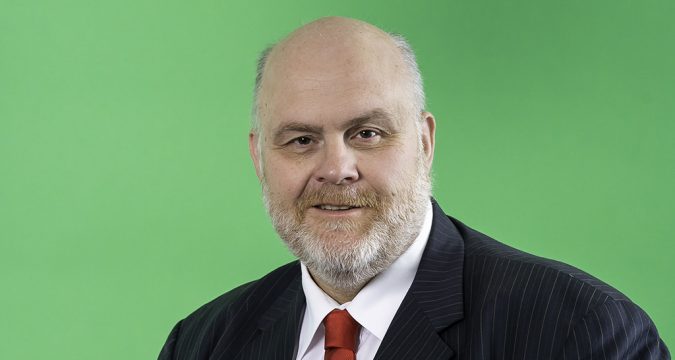 NIGEL WOOD has been brought into the RFL to drive the game forward after the events of the recent past, which has seen the resignation of the Chairman and several directors. Here he sets out his priorities when taking up his new role.
In the roles I have accepted this week – Chair of the Strategic Review panel set up by the RFL’s shareholders
NIGEL WOOD has been brought into the RFL to drive the game forward after the events of the recent past, which has seen the resignation of the Chairman and several directors. Here he sets out his priorities when taking up his new role.
In the roles I have accepted this week – Chair of the Strategic Review panel set up by the RFL’s shareholders Nigel Wood sets out his priorities on RFL return
 NIGEL WOOD has been brought into the RFL to drive the game forward after the events of the recent past, which has seen the resignation of the Chairman and several directors. Here he sets out his priorities when taking up his new role.
In the roles I have accepted this week – Chair of the Strategic Review panel set up by the RFL’s shareholders
NIGEL WOOD has been brought into the RFL to drive the game forward after the events of the recent past, which has seen the resignation of the Chairman and several directors. Here he sets out his priorities when taking up his new role.
In the roles I have accepted this week – Chair of the Strategic Review panel set up by the RFL’s shareholders 